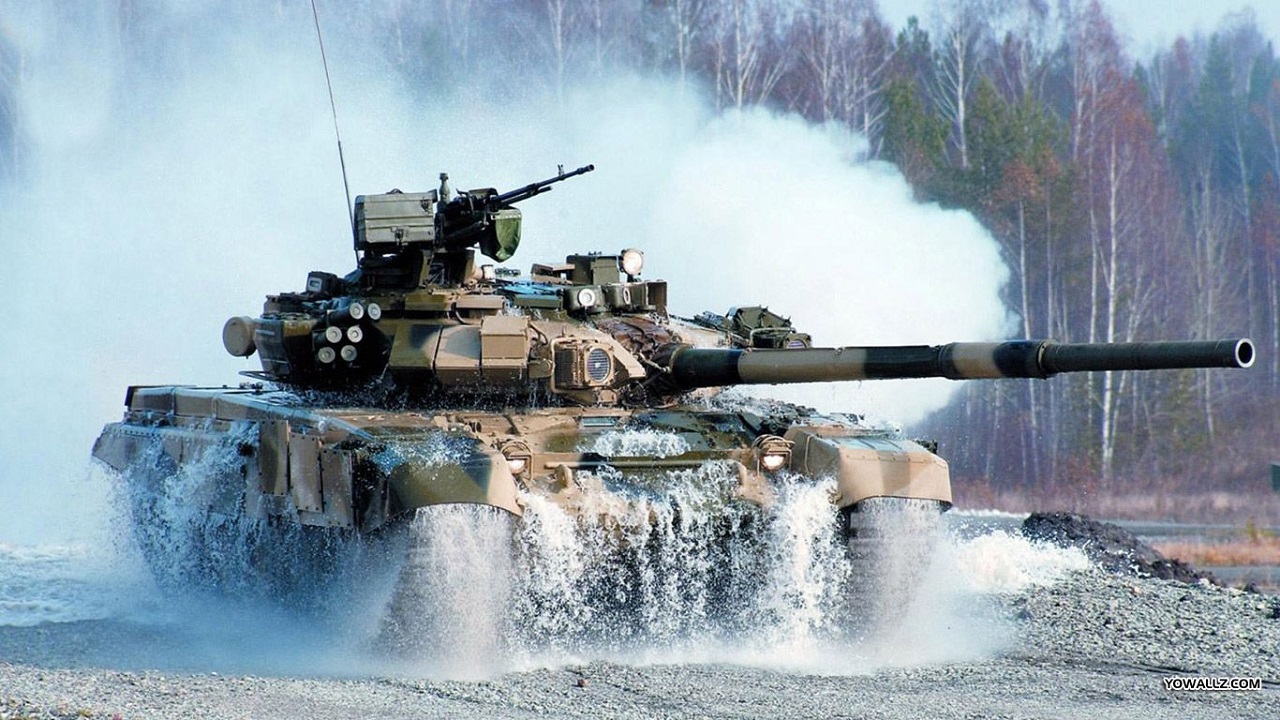Russia’s Decimated Officer Corps How it Affects Operational Planning: The Russian invasion of Ukraine and the overall ten-year conflict is the deadliest war on the European continent since WWII.
With hundreds of thousands of casualties between Kyiv and Moscow, the war is the costliest on two belligerents since the Iran-Iraq War.
Expecting a war that would only last for several months, the Russian military is quickly losing its most capable troops, including special operations forces, elite naval infantry, and most of all, a decimated officer corp.
The effects of losing thousands of officers throughout the two-year full-scale war will significantly affect the overall operational tempo of the Russian Federation.
Russian Losses in Ukraine and Unite Redeployments
Before the full-scale invasion in 2022, officers in Russian specialized forces, such as GRU Spetsnaz, had taken part in fighting in Ukraine since 2014. While those officers took minimal casualties in the Donbas War, the all-out invasion has seen the Russians take the most significant casualties in any conflict since WWII.
Both the US and UK have confirmed at least 300,000 Russian casualties overall. The war has forced the Kremlin to allocate forces from other key theaters, depleting Russia of vital manpower in different regions.
Russian unit redeployments have taken place in Kaliningrad, Vladivostok (border with China), and the northern border with Finland, Syria, occupied Georgia, and Armenia to supplement battlefield losses.
Russian Officers Killed in Ukraine
Russian military officer losses, as of early March 2024, Russia has lost At least 3,700 officers, confirmed by the ‘Killed in Ukraine’ blog, a Czech-based team, which tracks memorials and funerals of Russian officers.
At the time of drafting this article on March 8th, 2024, current Russian officer losses are 7 Generals (1 three-star and 6 two-star), 90 Colonels, 220 Lieutenant Colonels, 420 Majors, 627 Captains, 1010 Senior Lieutenants, 700 Lieutenants, and 130 Junior Lieutenants.
To put the losses of Russian officers into perspective on the battlefield during the ongoing war, the average lifespan of junior, field, and senior commanders during the two-year full-scale war is scathing.
Seven hundred forty-five days since the full-scale war, at the time of drafting this article, the average lifespan of the 90 Colonels killed in action is close to 8.5 days. The lifespan of a Lieutenant Colonel is 3.3 days, and a Major and Captain will barely survive 1-2 days in active combat.
Lack of NCOs Hurts Russia’s Small Unit Leadership
Officer corps losses are detrimental to Moscow’s offensive and defensive capabilities, particularly as Non-Commissioned Officers (NCOs) are non-existent in the Russian military.
NCOs are core aspects of small unit leadership vital to enlisted and conscripted troops. Essential to Western militaries, China looks to replicate them, while Russia struggles without an NCO corps.
The lack of non-commissioned officers often leads to on-spot critical thinking by junior commanders, who are usually inexperienced and do not have a Sergeant or Staff Sergeant advising their platoon/company.
The United States Marine Corps is a prime example of small unit leadership and trusting lower-tier enlisted to do the job. A plethora of recipients of valor awards in American military history have come from the actions of enlisted, who were allowed to make on-spot decisions that often saved the lives of their fellow brothers.
A core aspect of the NCO corps is the freedom for enlisted leaders to conduct directives on their terms if the mission objective is completed. With the loss of junior and field commanders, Russian conscripts are often lost without orders, leading to disarray and minimal communication amongst fellow soldiers.
Effects on Losing Commanders
Battlefield promotions to replace experienced officers also hamper freedom of movement. Attempting to replace senior commanders, who could be popular amongst subordinates, with new units with inexperienced commanders can often lead to conflicts and criticisms.
One such example was the promotion of Colonel General Alexander Lapin, which was met with scathing remarks by pro-war Russian military bloggers. Lapin was previously responsible for the collapse of Russian forces in Kharkiv in September 2022.
Heavy losses in the Russian military also leads to disastrous operations in elite troops, as seen with the multiple reconstitutions of the 155th Naval Infantry after the Kyiv and Vuhledar offensives. Inexperienced officers taking the mantle of commanders in elite units and using them in unfamiliar roles will continue to plague the Russian military.
According to the UK Defense Ministry, Russia’s combat power and force projection have been diminished for at least a decade due to their invasion of Ukraine.
The decimation of the Russian officer corps and lack of non-commissioned officers will significantly affect critical decision-making and wartime objectives as the ongoing invasion of Ukraine comes down to a war of attrition, essential planning, and a steady stream of logistical capabilities.
About the Author: Julian McBride
Julian McBride is a forensic anthropologist, SOFREP contributor, and independent journalist born in New York. He reports and documents the plight of people around the world who are affected by conflicts, rogue geopolitics, and war, and also tells the stories of war victims whose voices are never heard. Julian is the founder and director of the Reflections of War Initiative (ROW), an anthropological NGO which aims to tell the stories of the victims of war through art therapy. As a former Marine, he uses this technique not only to help heal PTSD but also to share people’s stories through art, which conveys “the message of the brutality of war better than most news organizations.”

